- Joined
- Oct 29, 2017
- Messages
- 10,517
- Reputation
- 3,631
- Reaction score
- 41,620
- Points
- 0
- Age
- 58
- Currently Smoking
- Gorilla Glue
First go with a Mephisto strain. Strawberry Nuggets... Took this last night:

Certain parts of Spain it isn't too much of a problem but some parts hard less tolerant!Man Arty, passing the
Are you surprised if i tell you that i really was thinking about moving to Spain since this winter, i'm so bored of beeing illegal included with all that stress?
I wished i could do just my thing and in that climate at green spain outdoor cultivation would be a dream! Let's see how things move in future and what happens next, have a great one!
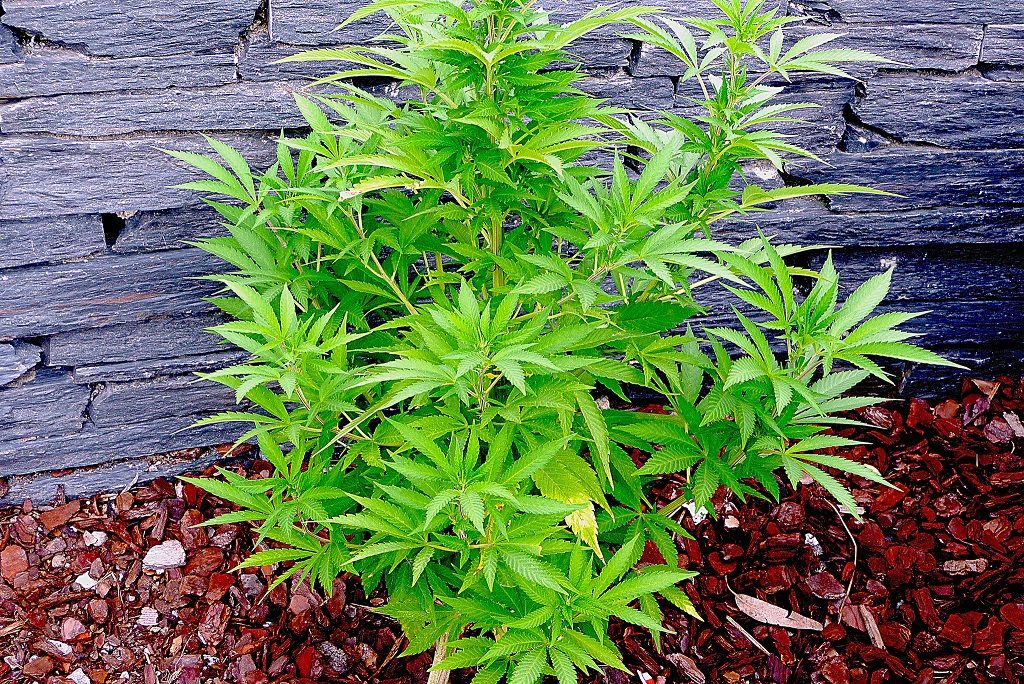
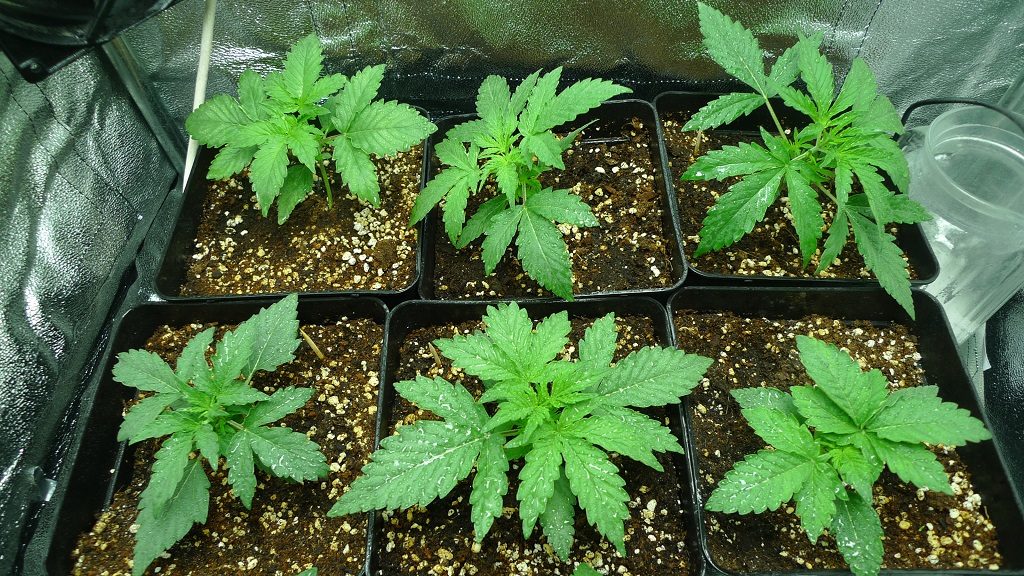
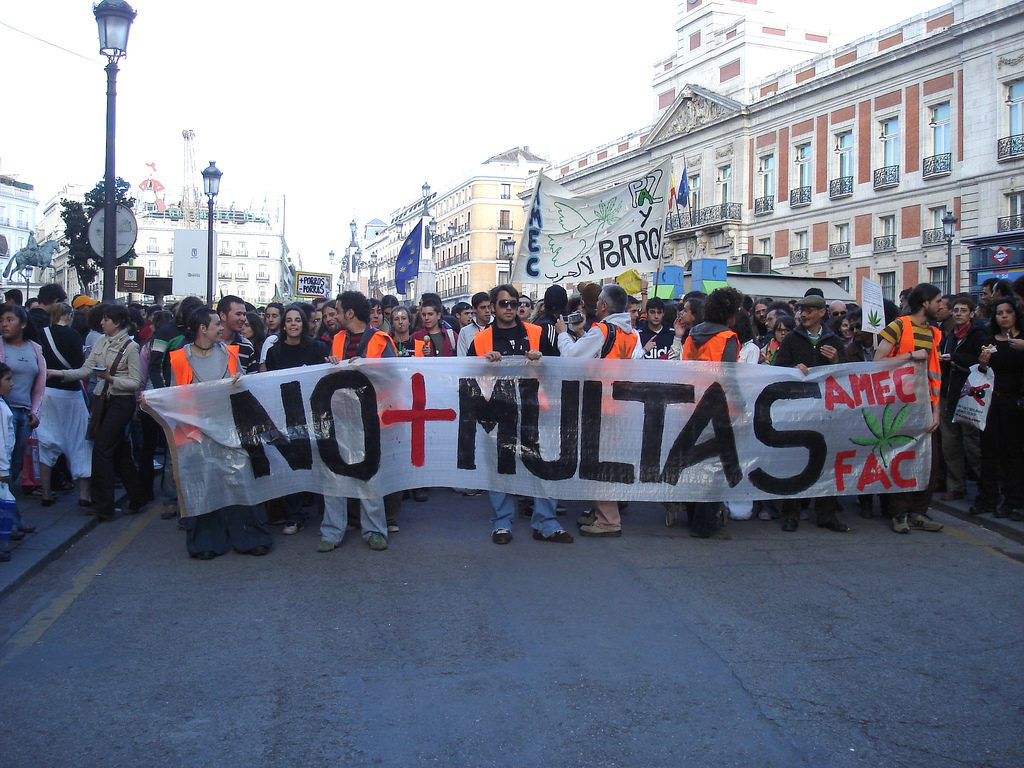
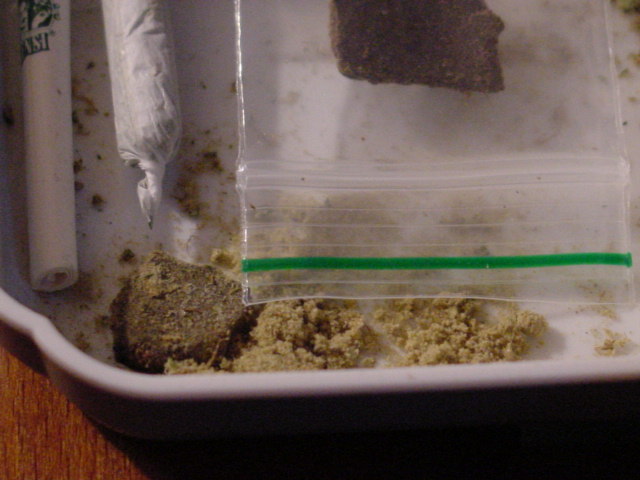
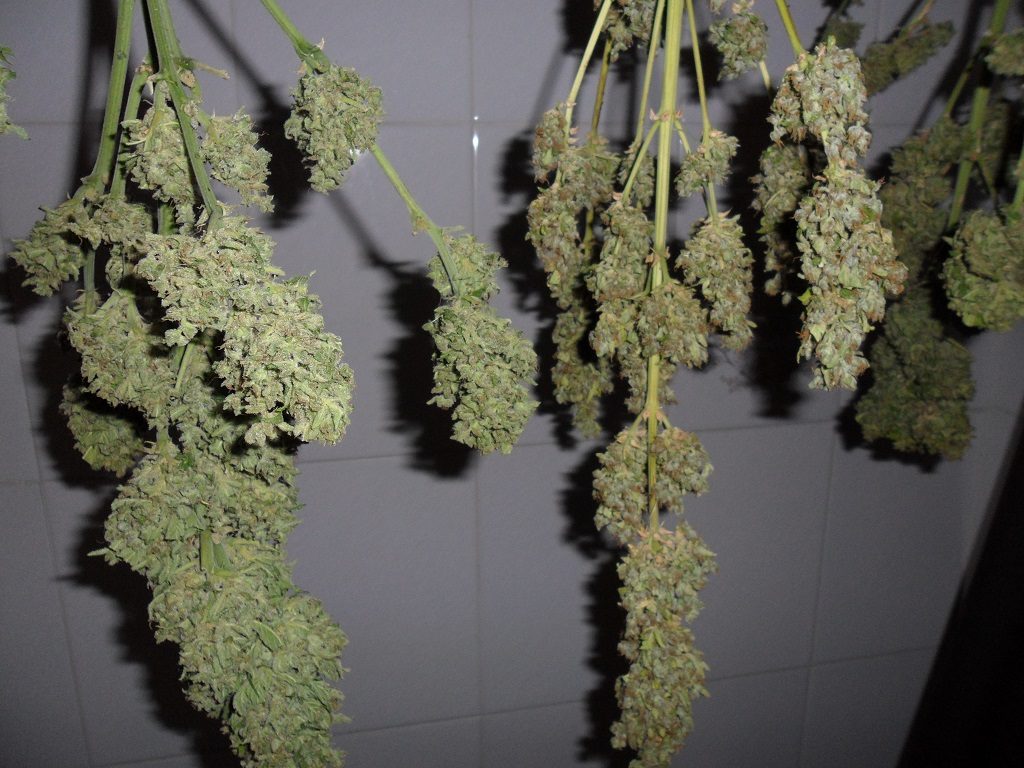
 Keep dreaming the dream bro and make that dream big!!
Keep dreaming the dream bro and make that dream big!!
Certain parts of Spain it isn't too much of a problem but some parts hard less tolerant!
Catalonia have legalized cannabis but this is bound to have a knock on effect on land and house prices because that where people will want to move too!
Basque Country (Spanish side) are also pretty cool about it. here is an interesting article about the Basque country and cannabis. https://seshatasensi.com/cannabis-social-clubs-in-the-basque-country/
I also just notice a cannabis club for sale in http://cannabisclubforsale.com/
Definitely read the "Mephisto Story So Far..." it will give you good idea of what to expect in the North of Spain and the growing conditions and how they kept it hush hush!
"The Mephisto Story so Far... Link "https://www.autoflower.org/threads/the-mephisto-story-so-far.22709/
I always happy to chew the fat and share any info I have on "Espana Verde"
I will share a video with you and I hope you find it as inspiring as I do! Spain as I mentioned in my other post has 1000 deserted villages. Many of these villages can be bought for peanuts, with the condition that you restore the building to there original state, There were house being sold for 1 Euro but the catch is you had to prove you had enough money to rebuild and have it completed in 5 years. Houses 1 Euro - https://www.spanishpropertyinsight....n-you-buy-a-house-in-spain-for-just-one-euro/
The video shows a deserted village that was found by accident (I kid you not) and they found it because their goats had run off somewhere!
Here is the video -
This shows what can happen if like minded people get their heads together.
I would say it is best to get people who want to build a community , rather than a cannabis farm, money can effect people in odd ways and the green eyed monster is never far away when people are only thinking of money!
In a community like this everyone grows their own, job done.
Here is a sensi seeds article about the legality of cannabis in Spain Which you may find interesting!
The New Law on Public Safety II: Legal Developments on Cannabis Cultivation in Spain
CANNABIS CULTIVATIONIn this article, we are going to try to clarify a significant change in the final law regarding the cultivation of cannabis in Spain, which is the reason why a new sentence was appended to article 36, paragraph 18. This has been widely discussed recently.
Towards the end of April, we published an article in this blog on the status of cannabis in Spain following the approval of the new Public Safety Law last March. After the Congress of Deputies passed the draft bill in December 2014, the Senate’s amendments were still pending and would be referred back to Congress in March. The final law, called Organic Law 4/2015, of 30 March, on the Protection of Public Safety was published in the BOE (Boletín Oficial del Estado – Official State Gazette) of 31 March, and will come into force on 1 July this year.
In between the first draft of the bill and the publication of the final law, a series of substantial changes were made regarding drugs. Particularly with regard to cannabis, certain aspects of the information available prior to the publication of the law in the BOE in late March, which was when the previous article about this law was published, saw some changes, which means that the current situation does not exactly match what had been described previously.
In this article, we are going to try to clarify a significant change in the final law regarding the cannabis cultivation in Spain, which is the reason why a new sentence was appended to article 36, paragraph 18. This has been widely discussed recently following several online reports stating that the self-cultivation of marijuana has been decriminalised.
Article 36/18 of the Law on Public Safety establishes that only the cultivation of cannabis in public view is penalised (CC. M a n u e l)
Cannabis cultivation in “places visible to the public” still criminalized
As we explained in the previous article, the Public Safety Law, which has been frequently criticized by a wide range of sectors, established a series of penalties for certain related aspects, including the consumption, possession and cultivation of cannabis.
As for the cultivation of cannabis, the draft bill classified it as a serious offence in section 23, which set a penalty for.
“The unlawful planting and cultivation of toxic, narcotic or psychotropic substances, not considered criminal offences.”
This means that cultivation of any sort was not only illegal, but also punishable as an administrative offence. In other words, the process would not warrant any court action.
Nevertheless, in the final version of the law, section 23 became article 36, paragraph 18, and a new sentence was included, apparently put forward by the Ministry of Health, Social Services and Equality and endorsed by the Special Public Prosecutor for Drug Enforcement. The article in question now reads as follows:
“The unlawful planting and cultivation of toxic, narcotic or psychotropic substances, in places visible to the public, not considered criminal offences.”
Therefore, from what we can glean, it seems that growing cannabis remains a serious offence, which is still punishable whenever it is carried out “in places visible to the public.” This means that any planting or growing not carried out “in places visible to the public” is not covered, which includes both the well-known cannabis clubs or associations and individuals who grow the plants for personal use. Since there are no provisions for the cases not covered by the article, i.e. since there are no administrative penalties for growing in places not visible to the public, we may assume that those who carry out such activities, by growing indoors, in greenhouses, backyards, etc. will be exempt from penalties and fines because they are not committing any offence.
According to article 36/18, indoor growing will be exempt from penalties and fines
An open door to different interpretations
Although decriminalising is not the same thing as legalising, the stipulation of the locational condition “in places visible to the public” may entail a significant change to prosecutions, to which, at present, marijuana growers have continued to be subjected, including individual growers and smoking clubs, and even grow shops.
It is clear that the law’s text is far from ideal for cannabis enthusiasts and although we do not know the reasons behind this change, what seems to be clear is that it opens up the possibility to legally, or at least not illegally, grow your own marijuana in Spain.
The article leaves the door open to different interpretations. According to the most optimistic interpretations, their contention is that by specifically referring to unlawful planting and cultivation, what is prohibited and what is permissible have both been explicitly and clearly defined. Those who subscribe to this interpretation think that this may be the beginning of the decriminalisation of marijuana cultivation in Spain. It appears that finally, you can now grow marijuana indoors without fear of police intervention. But for the time being, it is far too early for celebrations and we must look closely at how the judges interpret the law.
Although decriminalising is not the same thing as legalising, this opens the door in Spain to growing your own marijuana in a manner which is not illegal (CC. FAC)
I think it would be rash to proclaim that the personal cultivation of cannabis has been decriminalised, although, undoubtedly, it would be a wonderful news for all those in favour of the legalisation and normalisation of cannabis: growers, grow shops, cannabis associations, consumers; in short, for entire sector. This law and its article 36/18 do not decriminalise anything. They merely state that planting and cultivating cannabis plants in public view constitutes an administrative offence, as per the Civil Code. In fact, the new law introduces a new administrative offence: the possession of plants in public view. What was a criminal offence, and remains as such, as per the Penal Code, is planting and cultivating cannabis plants for drug trafficking purposes. If it cannot be established that there is an intent to traffic drugs and if it determined that the cultivation in question is for personal consumption, no crime will have been committed. Therefore, as far as penal law is concerned, there has been no change.
Cannabis Cultivation: Administrative Offence and Penal Offence
We must not forget that the Public Safety Law falls under the Civil Code and not the Penal Code, and, as we have just said, there has been no change to the Penal Code. Therefore, it is important to distinguish between administrative offences, which generally results in a fine, and penal offences, which entail jail sentences.
With regard to cannabis cultivation, article 368 of the Penal Code describes in detail typical actions (in other words, punishable actions) that fall under the crime of drug trafficking. This includes, in the first instance, all actions to do with the cultivation, production, sale, and the sending or giving out of any substance deemed a drug, as well as the transportation or mere possession of such a drug if the intention is to distribute and traffic it.
In compliance with the international treaties to which Spain is a signatory, the unlawful trafficking of drugs, which includes all cannabis derivatives with psychoactive effects, is punishable under Spain’s penal law. Nevertheless, Spanish law distinguishes between two types of drugs, “hard” and “soft”, according to how harmful the substance is to the health of those who consume it. As a result, a crime involving “substances which cause serious harm to health” is punished more severely, while less severe penalties are applied to the trafficking of “soft” drugs, which are less harmful. Since the code does not specify nor provide details on specific substances legally considered to be harmful, it has been left to case law to classify under one or more category each of the illegal drugs included in the international treaties to which Spain is a signatory. Hashish, marijuana and hashish oil have always been classified, as per case law, as soft drugs in the STS (Sentencias del Tribunal Supremo -Supreme Court Judgments).
Article 368 of the Penal Code penalises individuals who engage in the “cultivation, production or trafficking, or otherwise encourage, aid or facilitate the unlawful consumption of toxic, narcotic or psychotropic drugs, or those who possess these for such purposes (distribution and trafficking).” The corresponding penalty for these crimes ranges from three to nine years in prison, whenever the drug trafficked is a substance or product “which causes serious harm to health,” and between one to three years for other cases, i.e. when the drug in question is not seriously harmful to health. Moreover, in all cases, the jail sentence is accompanied by a fine, the amount of which will depend on the drug’s value.
Spanish law distinguishes between “hard” and “soft” drugs, depending on how harmful these drugs are for consumers (CC. Dave O)
Therefore, the cultivation of cannabis plants is classified under penal law as a crime when it is committed with the intent to subsequently use the end product for distribution, sale or to be passed on to other people, such that growing solely for the grower’s personal consumption is not punishable as per the STS. But there is a problem here. In these cases, the authorities do not often presume innocence and the onus is on the growers to prove that they have no intention to traffic or distribute, and that the substance is for personal consumption only. Therefore, from the outset, growers are treated as traffickers, are detained and are brought before the courts.
According to the AMEC (Asociación Madrileña de Estudios para el Cannabis – Madrid Association of Cannabis Studies), individuals who wish to prove that they are merely consumers have the following options:
How do they decide when cannabis cultivation is for personal consumption?
- Prove that they are a member of a legally formed cannabis association.
- Provide a medical certificate that shows that they are suffering from diseases for which the efficacy of cannabinoids has been proven, in accordance with the SEIC (Sociedad Española de Investigación sobre Cannabinoides – Spanish Society for Cannabinoid Research).
- Obtain a medical certificate that shows that they are suffering from any of the diseases for which the Clinical Committee of the Government Delegation for the National Drugs Plan, under the Ministry for Public Health and Social Policy, recognises the benefits of cannabis.
- Request a permit for personal cultivation and/or the medical use of cannabis from the Spanish Agency of Medicines.
As we have just mentioned above, the cultivation of cannabis sativa plants is not classified as a crime under the Penal Code when it is carried out for personal consumption, as has been reiterated by case law. However, if the amount grown exceeds the quantity set by the National Institute of Toxicology as appropriate for normal personal consumption, the cultivation in question may come under article 368.
To determine if the cannabis sativa plants confiscated from an individual are intended for personal consumption, it should be borne in mind that marijuana, as an end product, is obtained from the leaves, flowers and small dry stalks of the female cannabis sativa plant. This is why, in the first instance, the amount has to be weighed, excluding irrelevant parts (soil, roots, stems and branches) which is normally presumed to be 40% of the product. Since it is the dry parts of the plant that are consumed, between 80 and 85% of water from the plant must be excluded. What remains after this rough calculation, is the consumable part of the plant which is marijuana, although each specific case would have to undergo an expert analysis. It is this quantity that will be taken into consideration to determine whether the substance is for personal consumption, or otherwise.
Although individuals accused of cultivating have argued that they are doing so for therapeutic purposes, the judicial sentences seldom recognise this medical intent and merely rule that there is no crime in growing for personal consumption. Nevertheless, there is an exception to every rule.
In order to determine if the confiscated plants are for personal consumption, they have to be weighed after they have been dried, and not before, which is what the Civil Guard did
In 2006, an Alicante judge acquitted a man who had grown 258 marijuana plants, each weighing 3.5 kilos, after successfully proving that as part of his efforts to find relief for his migraines, he was in fact conducting research into appropriate plant varieties. In 2007, the sitting judge of chamber 1 of the Criminal Division of Jaen Court acquitted a defendant of the crime of drug trafficking, as he was suffering from irritable bowel syndrome, which was causing him severe pain. The judge’s view was that, although the quantity greatly exceeded the amount deemed appropriate for personal consumption, the defence’s argument that the drug was for personal use was credible, and the fact that the accused had voluntarily agreed to register the plot of land where the planting was conducted was also taken into consideration.
In 2008, in the province of León, the Civil Guard caught an individual in possession of 20 marijuana plants, which according to them weighed a total of 100 kilos (this amount reported by the Civil Guard should not be confused with the real weight, which was around 12 kg). The judge presiding over the case handed down an acquittal when no evidence was found that the accused had the intention to traffic the product, and upon hearing the defence’s argument that the accused was a habitual consumer.
In conclusion, there are no regulations that cover cannabis cultivation for personal consumption. In practice, sentencing depends on the judge’s opinion and the specific circumstances of the case.
I wish you all the best with getting your dream of the ground! I have been planning the same for about 5 Years but I still need to put more money by to make it happen!
A @Spanglish maybe able to add some good advice because he lives in Spain and can give you insight I can't give you.
Everything i know is from TV or the internet and in reality it maybe slightly different from the way I perceive it, nothing beats hands on experience , which is why i look forward to "Spannabis because it will give me the chance to see the North of Spain whilst I'm their or it would be a wasted opportunity!
Passing to @TheMongolKeep dreaming the dream bro and make that dream big!!

I've dropped some black dragons .. let see if I get a black leaf!!:dragon3:






The thunder! it's right over the house man. BAE is knockin and the Double Grape rockin.
View attachment 939444
